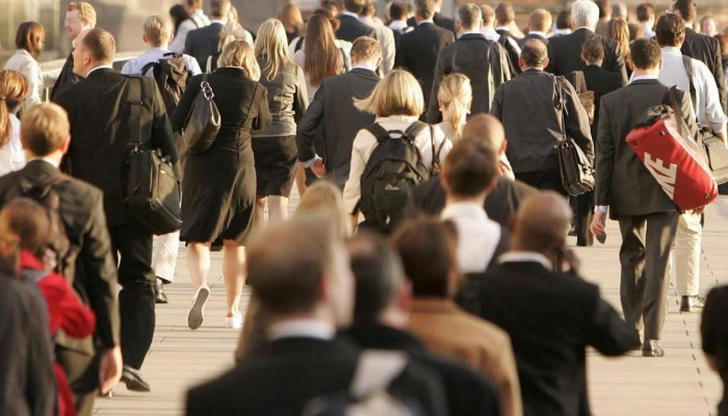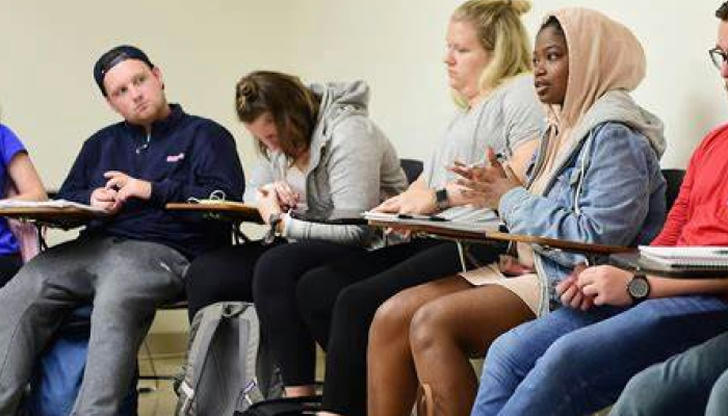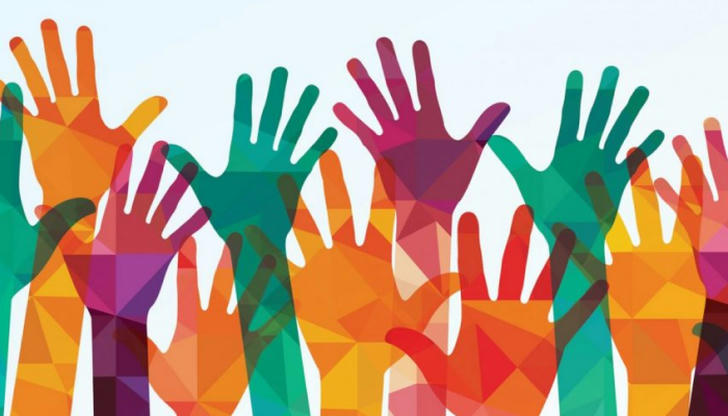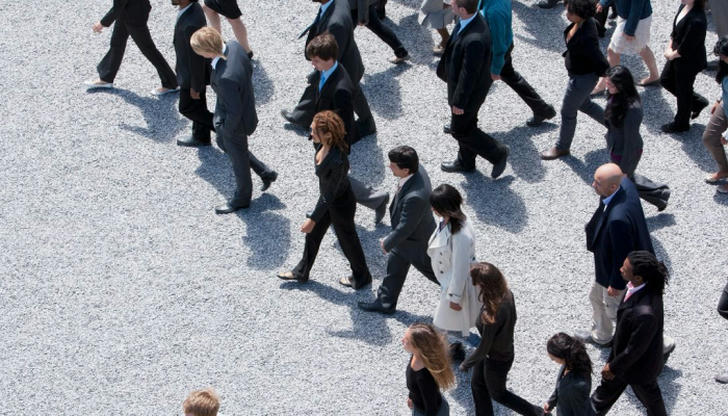The Political Participation of the Working Class and Its Role in Social Change

The political participation of the working class has been a cornerstone of social and economic transformation throughout history. From the industrial revolutions to the rise of labor unions and workers' rights movements, the working class has played a significant role in shaping political landscapes and driving social change. Their collective action has resulted in improved labor conditions, better wages, and expanded rights, while also challenging entrenched power structures that have traditionally benefited elites. In this article, we explore the history, importance, and implications of working-class political participation, how it has evolved, and the current challenges and opportunities it faces.
The Historical Role of the Working Class in Politics
The working class, which emerged during the Industrial Revolution in the 18th and 19th centuries, represented a significant shift in society. Previously, the majority of the population was engaged in agriculture or small-scale artisan work. However, with the rise of factories and industrialization, a large urban working class emerged, often subjected to long hours, poor wages, and hazardous working conditions. This new class was quickly subjected to the power of industrial capitalists who controlled the means of production. 1.Early Struggles and Labor Movements The industrial era saw the working class beginning to organize in response to these exploitative conditions. Early labor movements focused on improving working hours, wages, and safety in factories. In Britain, the Chartist movement of the 1830s and 1840s sought political reforms, including universal suffrage and better working conditions. In the United States, the labor movement became more prominent in the late 19th century, culminating in the formation of the American Federation of Labor (AFL) and the struggle for the eight-hour workday. These early struggles were critical in laying the groundwork for the working class’s political participation. As labor unions gained power and influence, they began to push for not only better wages and working conditions but also for political representation. The labor movement led to significant changes, including the right to vote for working-class men in many countries and the establishment of social safety nets, such as social security and workers' compensation. 2.The Rise of Socialist and Communist Movements In the late 19th and early 20th centuries, Marxist and socialist ideologies became more influential in the working class's political engagement. Thinkers like Karl Marx and Friedrich Engels argued that the working class, or the proletariat, had the potential to overthrow capitalist systems and create a society based on collective ownership of the means of production. The Russian Revolution of 1917, which brought the Bolsheviks to power, served as a significant example of the working class seizing political power, albeit through a form of authoritarian state socialism. The idea of workers’ councils (soviets) and revolution spread to many parts of the world, influencing labor movements in Europe, Latin America, and Asia. In many countries, socialist and communist parties gained political traction, with their leaders advocating for workers’ rights, nationalization of industries, and the redistribution of wealth. In the post-World War II period, the rise of welfare states in Western Europe was seen as a partial victory for working-class political participation, as governments implemented policies to guarantee healthcare, education, and other social services for all citizens.
The Modern Role of the Working Class in Politics
1.Labor Unions and Political Representation In the modern era, the role of the working class in politics has been shaped by the continued strength of labor unions, although the influence of unions has waned in some parts of the world, particularly in the United States. Labor unions have traditionally been the primary vehicle through which the working class has exercised political power. They have been instrumental in pushing for labor laws, minimum wage increases, and better working conditions.

In the U.S., for example, the AFL-CIO (American Federation of Labor and Congress of Industrial Organizations) has historically supported the Democratic Party and played a key role in advocating for progressive policies such as healthcare reform, paid family leave, and labor rights. Similarly, in many European countries, social democratic parties have strong ties to labor unions and the working class. These parties have traditionally advocated for policies such as universal healthcare, social safety nets, and workers' rights protections. 2.Electoral Politics and Representation Over time, the working class has also become a significant force in electoral politics. In many countries, political parties that represent the interests of the working class have risen to prominence. The Labour Party in the United Kingdom, the Democratic Party in the United States (historically more aligned with working-class interests), and the Socialist Party in France are just a few examples of political organizations that have traditionally represented workers in the political arena. The working class’s role in electoral politics has been particularly evident in periods of economic hardship, such as the Great Depression or the 2008 financial crisis, when working-class voters often turned to political parties that promised economic relief and social welfare reforms. The election of figures like Franklin D. Roosevelt in the U.S. and Clement Attlee in the U.K., who supported policies benefiting the working class, marked significant moments in the history of working-class political engagement. 3.Globalization and Its Impact on Working-Class Politics In the late 20th and early 21st centuries, globalization has had a profound impact on the political participation of the working class. As corporations have become more transnational and industrial jobs have moved overseas to countries with lower labor costs, the traditional working class in developed countries has experienced job displacement and wage stagnation. Many working-class communities in the U.S. and Europe have suffered from the outsourcing of manufacturing jobs, leading to rising inequality and growing disillusionment with traditional political institutions. In response to these changes, there has been a resurgence of populist and nationalist movements. These movements often promise to restore jobs to the working class and challenge the economic and political elites who, they argue, have benefited from globalization. Figures like Donald Trump in the U.S., Marine Le Pen in France, and Nigel Farage in the U.K. have harnessed working-class discontent, using it to fuel political campaigns that challenge the status quo. While populist movements may be seen as a reaction to the erosion of working-class power, they also reflect the deep-seated frustration felt by many workers who feel left behind by globalization. Populist rhetoric often focuses on economic nationalism, promising to bring jobs back home and curb immigration, which some see as a threat to local job markets.
Challenges Facing Working-Class Political Participation
1.Deindustrialization and the Decline of Unions One of the key challenges facing working-class political participation is the decline of traditional industries and the erosion of union power. As manufacturing jobs have been outsourced to countries with lower wages and as automation has taken over many manual labor tasks, unions have lost much of their previous influence. In the U.S., for example, union membership has declined from a peak of 35% of the workforce in the 1950s to around 10% today. The decline of unions has weakened the political power of the working class, making it more difficult for workers to collectively advocate for their interests. Without strong unions, workers are less able to negotiate for better wages, working conditions, or job security, and their political voices are less likely to be heard in the halls of power. 2.Rising Inequality and Economic Polarization Another challenge is the increasing economic polarization between the working class and the wealthy elite. The growth of income inequality, coupled with the concentration of wealth in the hands of a few, has deepened social divisions and made it harder for working-class political movements to have a significant impact. As corporate power has become more dominant, many working-class people feel increasingly powerless, with their interests marginalized by political elites who are closely aligned with the business community. This has led to a sense of alienation among many workers, who feel that traditional political parties no longer represent their interests. The erosion of trust in political institutions has made it more difficult for the working class to effectively organize and advocate for change. 3.Social Fragmentation and Political Polarization As the working class has become more diverse, politically and socially, it has faced challenges in uniting around common causes. Issues such as race, immigration, and cultural identity have created divisions within the working class, making it harder to forge the solidarity needed to push for collective action. Political polarization has deepened, and working-class voters are often torn between competing ideologies, such as those espoused by left-wing progressive movements or right-wing populist groups.
The Future of Working-Class Political Participation
The future of working-class political participation will likely be shaped by the ability of labor movements, political parties, and grassroots organizations to adapt to the changing realities of the global economy. There are opportunities for the working class to regain political power by embracing new forms of activism, focusing on issues such as income inequality, climate change, and workers' rights in the gig economy.

To achieve meaningful social change, it will be crucial for working-class political movements to build broad-based coalitions that address the diverse concerns of workers across different sectors. Moreover, political parties and unions will need to engage with new forms of work, such as the gig economy, and address the needs of workers in non-traditional labor markets. Ultimately, the political participation of the working class remains a vital force for social change. If the working class can overcome the challenges it faces and adapt to the evolving political and economic landscape, it will continue to be a driving force in the fight for a fairer and more just society.
Conclusion
The political participation of the working class has been a key driver of social and economic change throughout history. From early labor movements to the rise of political parties that represent workers’ interests, the working class has had a significant impact on shaping modern political systems. However, challenges such as deindustrialization, declining union power, and rising inequality have made it more difficult for the working class to effectively organize and advocate for its interests. In the future, working-class political movements will need to adapt to new economic realities and build broader coalitions to achieve meaningful social change. Despite the challenges, the working class remains a powerful force for political and social transformation.

